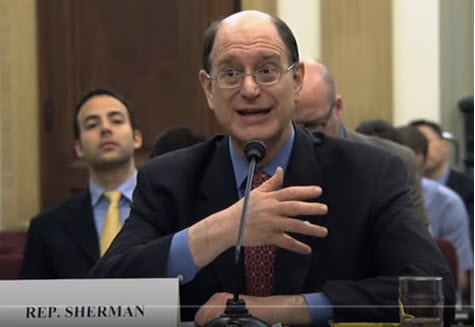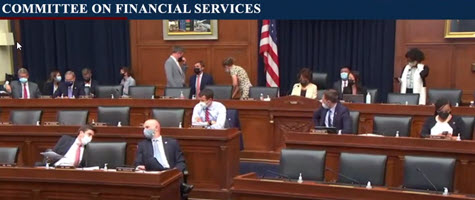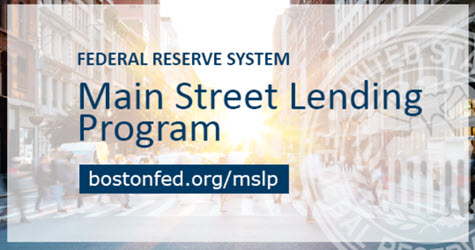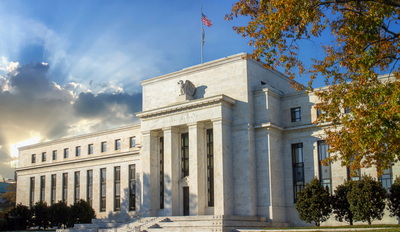
Legislation passed by the House of Representatives on Dec. 8 would protect trillions in “tough legacy” contracts that use the London Interbank Offered Rate (LIBOR) as a reference rate for financial transactions. The Real Estate Roundtable and a broad coalition of industry groups have long-supported this protective measure. (Industry Coalition letter, Dec. 7 and Bloomberg, Dec. 8)
LIBOR and CRE
- House lawmakers approved the Adjustable Interest Rate (LIBOR) Act (H.R. 4616) by a vote of 415-9, sending the bill to the Senate as the use of LIBOR faces retirement in 2023. Banks will not be able to issue new loans or other financial contracts using LIBOR as of Jan. 1, 2022. (Wall Street Journal, Dec. 3)
- LIBOR is currently used in outstanding financial contracts – including commercial real estate debt, mortgages, student loans and derivatives – worth an estimated $223 trillion. (Roundtable Weekly, July 30)
Tough Legacy Issues Addressed
- The House bill includes provisions that address the transition of the most troublesome LIBOR-based contracts – referred to as “tough legacy” – to a replacement benchmark when LIBOR sunsets. These contracts have insufficient fallback language or include provisions that cannot be amended.
- The bill also provides a safe harbor for market participants switching existing LIBOR-referencing financial contracts to a replacement benchmark for debt instruments, such as the Secured Overnight Financing Rate (SOFR). The bill also includes a federal preemption.
- The Real Estate Roundtable and 17 national trade groups also previously submitted letters April 14 and July 27 to House Financial Services Committee policymakers in support of legislation to address “tough legacy” contracts during the transition away from LIBOR.
The House bill provides that when LIBOR reaches its final replacement date (June 30, 2023), all contracts with no adequate fallback provisions for an alternative benchmark substitute will be replaced with SOFR.
# # #












